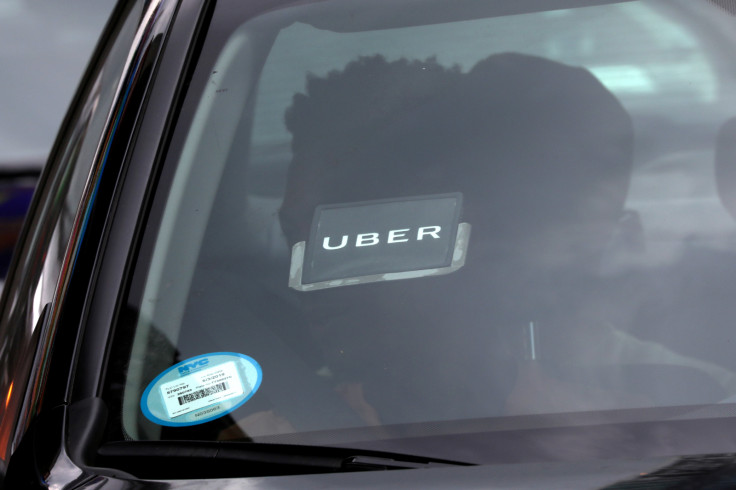Uber, Lyft efforts fail, AB5 worker classification bill passed in California
Uber and Lyft have been trying to stymie the passage of the bill.
Uber and Lyft's business model may soon have to change. California has passed a landmark bill. Assembly Bill 5 (AB5) will change how "independent contractors" are defined.
The bill passed through the senate on Monday, which means that it is a done deal since Governor Gavin Newsom has provided his support to the bill in an article he wrote in The Sacramento Bee.
AB5 changes the classification of the so-called "independent contractors," who actually work more than regular workers for these companies, yet have no minimum wage, compensation or such associated benefits.
The bill passed in a 29 to 11 vote in the California senate. The state assembly will now vote on further amendments before the bill is presented to Governor Newsom.
These workers, who are neither totally independent nor regular are called gig workers. According to workers' organisation Gig Workers Rising, "AB5 is only the beginning."
Gig workers are treading a very thin line. While they don't want to lose their source of income provided by such companies, they do want more worker protections in the current setup. Such organisations are raising issues of these workers in a similar way that trade unions work for factory workers.
The current definition of "independent workers" is hazy at best. In the case of Dynamex Operations West vs Superior Court of Los Angeles, the court determined that "a worker who performs services for a hirer is an employee for the purposes of claims for wages and benefits."
By hiring gig workers, companies such as Uber and Lyft avoid payroll taxes, overtime, benefits and worker's compensation.
After the passage of the bill, a company will only be able to classify a worker as an independent contractor, only if he/she is free from direct control of the company and performs work outside of the company's line of business and is independently engaged in it.
While gig workers are happy with the development, ride-sharing companies definitely aren't.
"Today, our state's political leadership missed an important opportunity to support the overwhelming majority of rideshare drivers who want a thoughtful solution that balances flexibility with an earnings standard and benefits," a Lyft spokesperson told TechCrunch in an email.
Once Newsom signs the bill, it will go into effect on January 1, 2020.

© Copyright IBTimes 2025. All rights reserved.





















